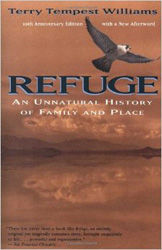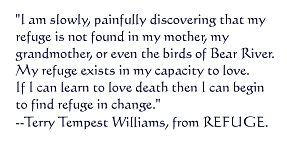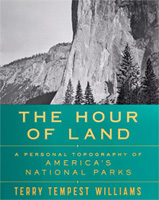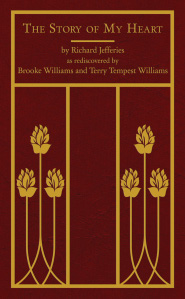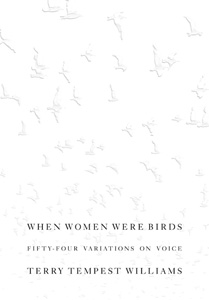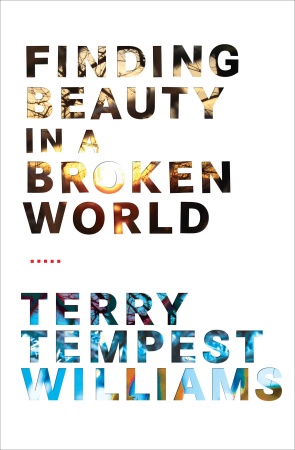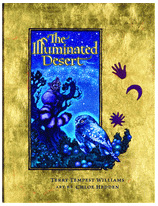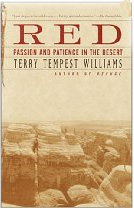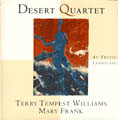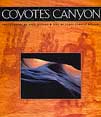| |||||
"There isn't a page here that doesn't whistle with the sound of wings."
--Wallace Stegner, author of Crossing to Safety "Remarkable....Her demonstration of how deeply human emotional life can become intertwined with a particular landscape could not be more relevant to our lives." --Barry Lopez "Profoundly moving...one of the most significant environmental essays of our time." --Kansas City Star
REFUGE was released in a new paperback edition with a special afterword to celebrate the 10th Anniversary Edition in Fall, 2001, by Vintage. ABOUT THIS BOOK
As Utah-born naturalist Terry Tempest Williams records the
simultaneous tragedies of her mother's death of cancer and the flooding
of the Bear River Migratory Bird Sanctuary, she creates a document of
renewal and spiritual grace destined to become a classic in the literature
of nature, women, and grieving.
Disaster is at the center of this haunting book by Utah naturalist Williams (Pieces of White Shell, 1984), as the Great Salt Lake rises to break all records, submerging roads and driving the resident wildlife away, and as the author's mother dies of cancer at age 53. In the case of the lake, there's no one to blame except the developers who have so despoiled the wilderness that there's nowhere left for fugitive wildlife to go; in the case of Williams's mother, it's difficult not to blame the federal government. After her mother's death, Williams tells her father about a recurring dream of a blinding flash of light; he informs her that she actually saw it: an above-ground detonation of a bomb that she witnessed as a child while sitting on her pregnant mother's lap, innocent spectators trusting their government to protect their welfare. But, in fact, federal policy in the 50's dictated the confining of nuclear testing to a ``virtually uninhabited'' section of the country, considering that an adequate safeguard. Six aunts, a grandmother, the author's mother, countless neighbors in the Mormon community in which Williams was raised--all cancer victims- -were some of these ``virtual uninhabitants,'' Williams says. It is worth enduring the heartbreak of this intimately observed death in order to reach the author's culminating insight into the place where her only refuge from such grief lies. Williams's evocations of the austere beauty of the Utah desert, the Great Salt Lake, and their wildlife also offer great rewards. -- Copyright ©1991, Kirkus Associates, LP. All rights reserved.
|

